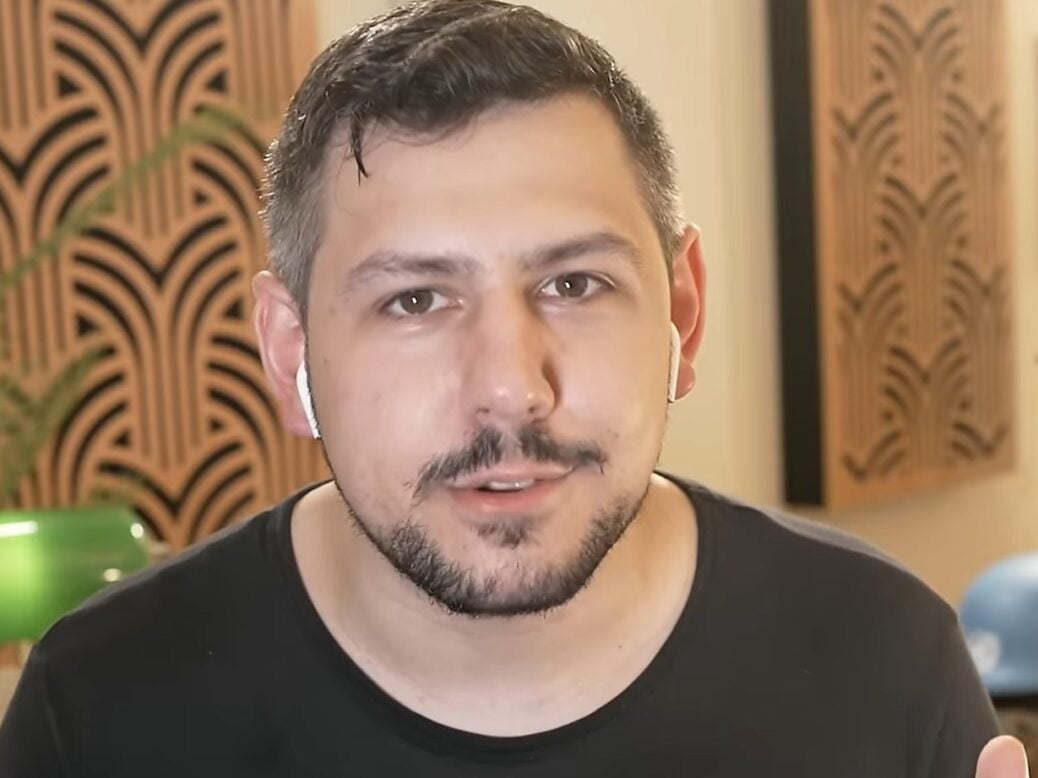
The arrest and detention of a British journalist under anti-terror legislation has been condemned as likely having a “chilling effect on journalists in the UK and worldwide”.
Freelance foreign affairs reporter Richard Medhurst says he was arrested under Section 12 of Terrorism Act 2000 and told he was accused of “expressing an opinion or a belief that is supportive of a proscribed organisation”.
He says he was held for nearly 24 hours after being arrested on a plane at Heathrow Airport in London and does not yet know whether he will be charged with any offence.
The Terrorism Act 2000 gives law enforcement bodies wide powers to seize journalistic material and makes it an offence for journalists not to inform police when they have information about whether a terrorism offence has been committed.
In 2013 David Miranda, the partner of then-Guardian journalist Glenn Greenwald, was held for nine hours and had various electronic equipment confiscated at Heathrow Airport under the Terrorism Act. Greenwald was working at the time on the Snowden Files leaks which shed light on the surveillance activities of the US and UK governments.
UK journalist Richard Medhurst was born in Syria and has more than 300,000 followers on his Youtube channel for reports and interviews focused on foreign affairs and the Israel-Hamas conflict in particular.
He said he was escorted off a plane last month by six officers and arrested under a law which makes it illegal “to invite support for a proscribed organisation” and “express an opinion or belief that is supportive of a proscribed organisation and in doing so is reckless as to whether a person to whom the expression is directed will be encouraged to support a proscribed organisation”.
Medhurst said he was handcuffed and driven to a police cell where all his journalistic equipment and electric devices were seized. He said he was denied the chance to make a phone call and was finally interviewed after 15 hours confined to a small cell.
He said in a video: “I felt whole process was designed to intimidate, humiliate and dehumanise me.”
He added: “I categorically and utterly reject all the accusations by the police. Prior to this incident I was never detained in my life.
“I categorically condemn terrorism, I am a Medhurst – my family goes back 1,000 years in this country. I come from a long line of public servants, my father served in the London police before entering the United Nations…
“I love my country. I get the feeling nonetheless people who are speaking up about the situation in Palestine are being targeted.”
He said he is now in limbo and does not know whether or not he will be charged.
“I feel like a muzzle has been placed on me. The humanitarian crisis in Gaza remains the most pressing news story in the world but it seems that any statement, no matter how factual and well-intentioned, can be skewed and twisted into an offence of the highest order.”
The National Union of Journalists and International Federation of Journalists have issued a statement voicing “grave concern on the apparent misuse of anti-terror legislation and consequential undermining of media freedom in the wake of the arrest of NUJ member Richard Medhurst” on 15 August.
Commenting jointly on the case, Michelle Stanistreet, NUJ general secretary, and Anthony Bellanger, IFJ general secretary, said: “Richard Medhurst’s arrest and detention for almost 24 hours using terrorism legislation is deeply concerning and will likely have a chilling effect on journalists in the UK and worldwide, in fear of arrest by UK authorities simply for carrying out their work.
“Both the NUJ and IFJ are shocked at the increased use of terrorism legislation by the British police in this manner. Journalism is not a crime.
“Powers contained in anti-terror legislation must be deployed proportionately – not wielded against journalists in ways that inevitably stifle press freedom. We will continue to monitor this case and urge the authorities to provide urgent clarity as to the nature of this ongoing investigation.”
Email pged@pressgazette.co.uk to point out mistakes, provide story tips or send in a letter for publication on our "Letters Page" blog
